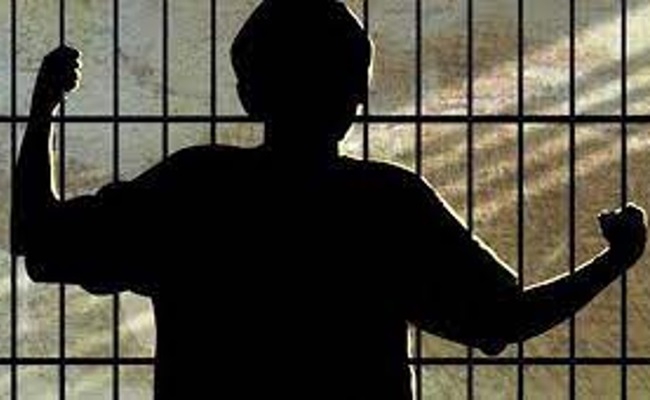
Special Articles

The controversy over a Pune court's decision to release a 17-year-old involved in a fatal Porsche car crash has put the Juvenile Justice Board (JJB) to the test on whether he should be tried as an adult.
The teen driving drunk at over 160 km/hour confessed his father, Vishal Agarwal, knew about it. Agarwal was arrested for neglect and providing alcohol to a minor as the car was unregistered and his son had no license.
The Juvenile Justice (Care and Protection of Children) Amendment Bill 2021, allows the JJB to assess if juveniles aged 16-18 involved in heinous crimes can be tried as adults.
Heinous crimes warrant a minimum sentence of seven years. The JJB evaluates the juvenile's mental and physical capacity understanding of the crime's consequences and the circumstances.
India has seen several cases where juveniles were tried as adults for serious crimes including murder and gang rape emphasizing the balance between protecting children and addressing severe offenses.
In September 2023 a Delhi court ruled that two 17 year olds would be prosecuted as adults for a murder they meticulously planned acknowledging their awareness of Juvenile Justice Board (JJB) proceedings.
The court emphasized that the crime's detailed execution warranted their adult trial. In June 2022 six individuals were arrested for the gangrape of a teenage girl in Hyderabad with five being tried as adults including relatives of prominent politicians.
In 2019 a Hyderabad court sentenced a 17 year old to two life terms for the sodomy and murder of a 10 year old following his trial as an adult.
In 2017, the JJB recommended that a Class 9 student responsible for the murder of a seven-year-old at Gurgaon’s Ryan International School be tried as an adult, with the appeal pending before the Supreme Court.
In 2016, a 17-year-old in Mumbai was charged with murdering a three-year-old and ordered to be tried as an adult by the local JJB and children’s court.
However, in July 2022, the Bombay High Court reversed this decision, directing the accused to be tried as a minor, emphasizing rehabilitation over punishment for juveniles.
Advertisment